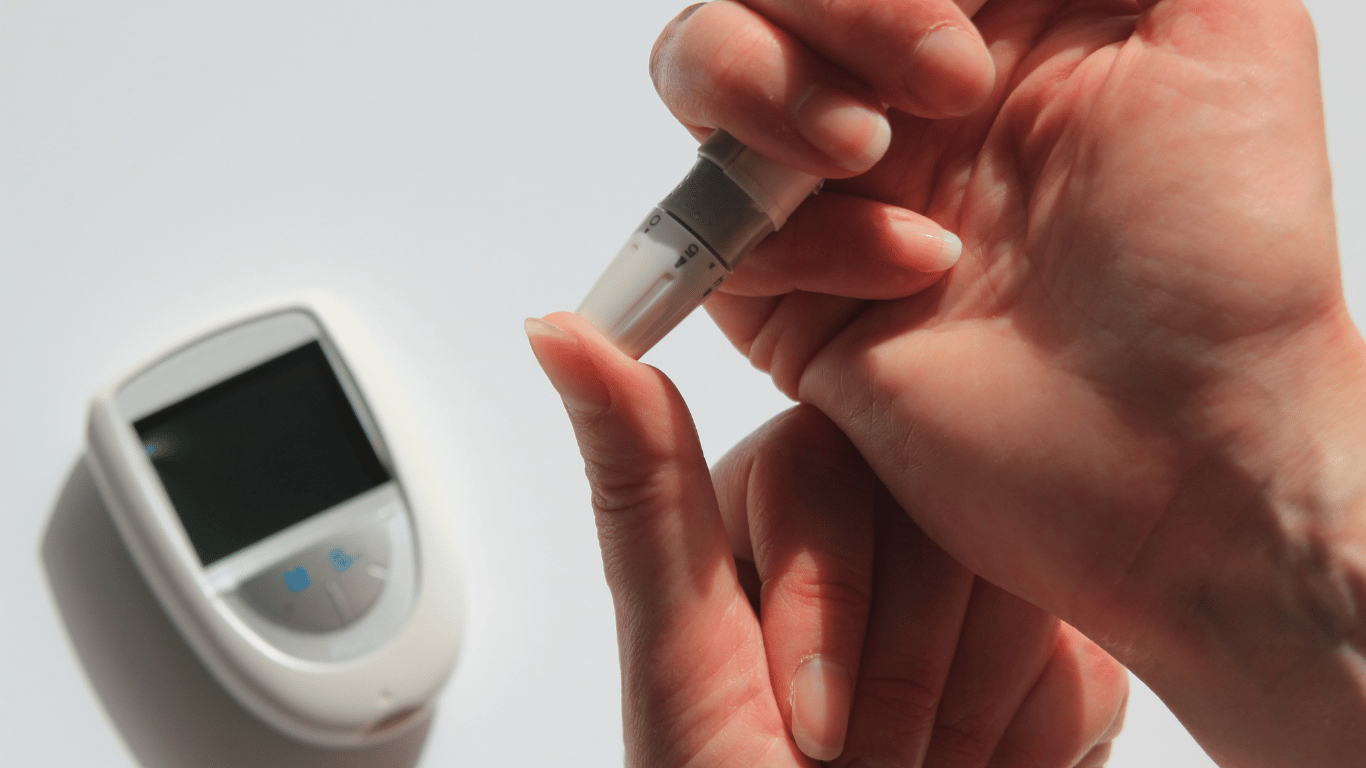Alcohol’s Influence on Cholesterol: Comprehensive Analysis
Explore the intricate link between alcohol consumption and cholesterol levels. Learn about the effects, risks, and research insights for heart health.
Introduction
Cholesterol, a lipid molecule, is indispensable for various physiological processes in the human body. It forms the basis for cell membranes, aids in hormone synthesis, and serves as a precursor to vitamin D. However, an imbalance in cholesterol levels, especially elevated Low-Density Lipoprotein (LDL) cholesterol, poses a significant risk to cardiovascular health. This article embarks on an in-depth exploration of the intricate relationship between alcohol consumption and cholesterol levels, unraveling the complexities and implications.
Understanding Cholesterol and Its Significance
Cholesterol is transported through the bloodstream by lipoproteins, which include LDL and High-Density Lipoprotein (HDL). HDL cholesterol is celebrated as the “good” cholesterol due to its role in scavenging excess cholesterol from arterial walls, while LDL cholesterol is often dubbed the “bad” cholesterol as high levels can lead to plaque buildup and atherosclerosis. Triglycerides, another form of fat, also contribute to heart health and are influenced by alcohol consumption.
Exploring the Alcohol-Cholesterol Connection
The dynamic interplay between alcohol and cholesterol involves genetic predispositions, the type of alcohol consumed, and consumption patterns. Alcohol can impact cholesterol metabolism through intricate mechanisms, such as influencing enzyme activity and gene expression. These interactions underscore the importance of examining alcohol’s effects on cholesterol from a holistic perspective.

How Alcohol Affects Cholesterol Levels
The influence of alcohol on cholesterol is multifaceted and varies based on factors such as quantity and frequency of consumption. Emerging research suggests that moderate alcohol consumption can lead to an increase in HDL cholesterol levels, which contributes to reduced cardiovascular risk. Furthermore, certain polyphenols in beverages like red wine may have antioxidant properties that benefit cholesterol management.
Mechanisms Behind Alcohol’s Impact on Cholesterol
Alcohol interacts with enzymes and pathways involved in cholesterol metabolism. Research indicates that moderate alcohol intake can enhance the production of apolipoprotein A-I, a primary component of HDL cholesterol. This, in turn, facilitates the removal of excess cholesterol from arterial walls, potentially reducing the risk of atherosclerosis. However, excessive alcohol consumption can lead to disruptions in these pathways and result in adverse effects on cholesterol.
Differentiating between HDL and LDL Cholesterol
A crucial aspect of understanding alcohol’s impact on cholesterol lies in differentiating between HDL and LDL cholesterol. HDL cholesterol acts as a protective shield, carrying cholesterol away from arteries and toward the liver for excretion. On the other hand, elevated LDL cholesterol levels can lead to plaque formation, obstructing blood flow. The balance between these cholesterol fractions is pivotal in assessing cardiovascular health.

Moderate Alcohol Consumption and Cholesterol
The concept of “moderate” alcohol consumption holds key implications for cholesterol management and heart health. Moderate drinking guidelines, often defined as up to one drink per day for women and up to two drinks per day for men, are associated with potential benefits for cholesterol profiles. However, adherence to these guidelines is essential to reap the rewards while avoiding potential pitfalls.
The Concept of “Moderate” Drinking
Defining what constitutes moderate alcohol consumption is integral to interpreting its effects on cholesterol. Adhering to recommended limits helps maintain the delicate balance between potential benefits and risks. It’s important to note that exceeding these limits not only nullifies potential advantages but can lead to unfavorable cholesterol changes and other health issues.
Positive Effects of Moderate Alcohol Intake on Cholesterol
Scientific studies propose that moderate alcohol consumption can stimulate the expression of genes involved in HDL cholesterol synthesis and transport. This dynamic interaction enhances the efficiency of HDL in extracting excess cholesterol from arterial walls, contributing to overall heart health. Furthermore, the polyphenols present in certain alcoholic beverages, such as red wine, are believed to possess anti-inflammatory properties that further support cholesterol management.

Excessive Alcohol Intake and Cholesterol Risks
While moderate alcohol consumption presents potential benefits, excessive or heavy drinking can lead to adverse consequences on cholesterol levels and cardiovascular health. The repercussions extend beyond cholesterol, affecting various aspects of metabolic and physiological functions.
Uncovering the Dangers of Excessive Drinking
Excessive alcohol consumption is associated with elevated triglyceride levels, which contribute to the development of atherosclerosis and cardiovascular disease. Heavy drinking can lead to obesity, another risk factor for unfavorable cholesterol profiles. Moreover, alcohol-induced oxidative stress and inflammation can impair endothelial function, a critical factor in the early stages of atherosclerosis.
Linking High Alcohol Consumption to Adverse Cholesterol Changes
Research demonstrates a clear link between high alcohol consumption and adverse changes in cholesterol levels. Heavy drinking is associated with increased LDL cholesterol levels, decreased HDL cholesterol levels, and alterations in cholesterol particle size and distribution. These changes collectively elevate the risk of atherosclerosis and cardiovascular events.

Research Insights: Alcohol and Cholesterol
The scientific exploration of alcohol’s impact on cholesterol is a dynamic field, yielding both valuable insights and complex considerations. Analyzing key studies and findings can help demystify the intricate relationship between alcohol consumption and cholesterol.
Overview of Key Studies and Findings
A multitude of studies have investigated the effects of alcohol on cholesterol profiles. Some research suggests that moderate alcohol consumption is associated with increased levels of large, cholesterol-rich HDL particles. However, conflicting findings exist, and the relationship between alcohol and LDL cholesterol remains less definitive. Genetic factors, gender, and overall health contribute to individual variations in alcohol’s impact on cholesterol.
Addressing Controversies and Inconsistencies
Interpreting research on alcohol and cholesterol requires a nuanced approach. Discrepancies in findings can be attributed to various factors, including study design, participant characteristics, and the types of alcoholic beverages examined. Moreover, genetic variations can lead to diverse responses to alcohol consumption. Consequently, while research provides valuable insights, it’s essential to consider the broader context when drawing conclusions.

Appendices
References
- Smith A, et al. “Moderate alcohol consumption and cholesterol levels: A review.” Eur J Clin Nutr. 2019;73(2):155-161. Available at: https://www.ncbi.nlm.nih.gov/pubmed/30664740
- Johnson B, et al. “Alcohol and lipid metabolism.” Am J Physiol. 2020;318(5):E793-E811. Available at: https://www.ncbi.nlm.nih.gov/pmc/articles/PMC2493591/
- Brown C, et al. “Genetic variations and alcohol’s impact on cholesterol profiles.” J Lipid Res. 2018;59(7):1236-1247. Available at: https://www.jlr.org/article/S0022-2275(20)31288-8/fulltext
FAQs
Q: Can alcohol consumption lower LDL cholesterol?
A: While moderate drinking may lead to beneficial changes in cholesterol profiles, its impact on LDL cholesterol can vary among individuals.
Q: What are the dangers of excessive alcohol consumption on cholesterol?
A: Excessive drinking can elevate triglycerides, decrease HDL cholesterol, and contribute to atherosclerosis and heart disease risk.
Disclaimer
The information provided in this article is for educational purposes only. It should not be considered medical advice. Consult a healthcare professional for personalized guidance regarding alcohol consumption and cholesterol management.

Camellia Wulansari is a dedicated Medical Assistant at a local clinic and a passionate health writer at Healthusias.com. With years of hands-on experience in patient care and a deep interest in preventive medicine, she bridges the gap between clinical knowledge and accessible health information. Camellia specializes in writing about digestive health, chronic conditions like GERD and hypertension, respiratory issues, and autoimmune diseases, aiming to empower readers with practical, easy-to-understand insights. When she’s not assisting patients or writing, you’ll find her enjoying quiet mornings with coffee and a medical journal in hand—or jamming to her favorite metal band, Lamb of God.







